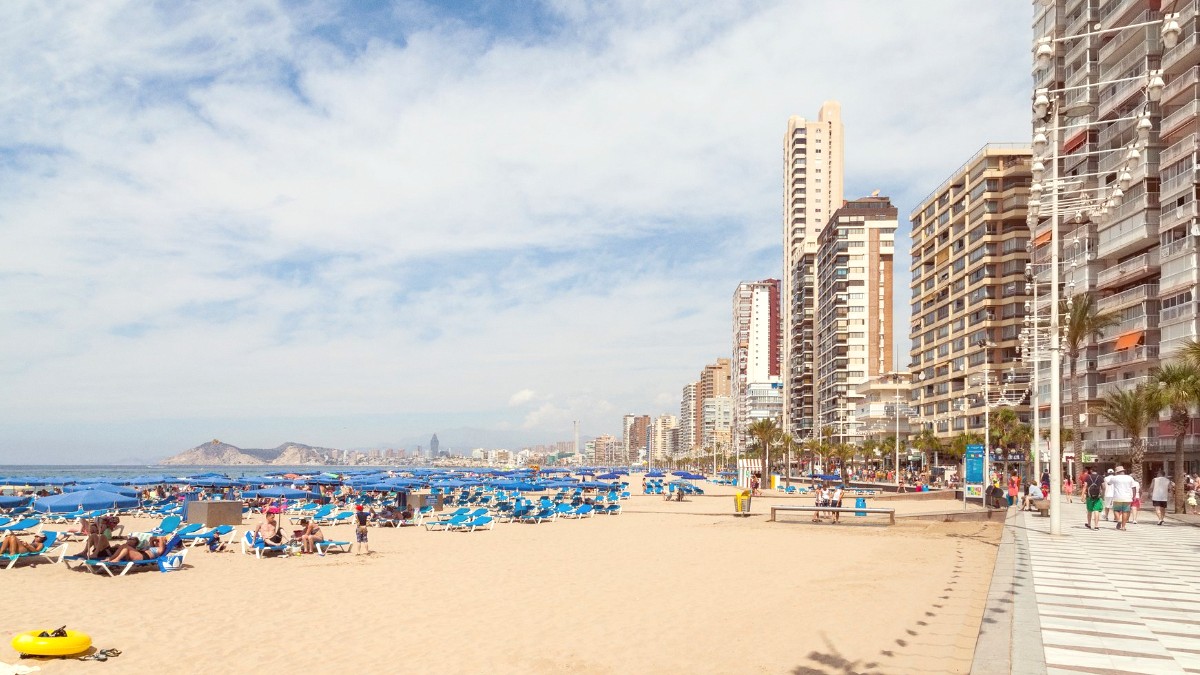
Andalucia, Spain
The sea forms the foundation of Tarifa’s gastronomy. Fresh seafood, especially bluefin tuna from the traditional Almadraba fishing method, holds central importance. This ancient, sustainable practice shapes local culinary traditions and the economy. Beyond seafood, Andalusian agriculture contributes quality olive oil, fresh produce, and cured meats.
Tarifa's cuisine blends broad Andalusian traditions with unique local aspects. Its distinct focus on Bluefin tuna from the Almadraba and a fusion of international influences due to the surf culture create an unique dining scene. You will find traditional Andalusian tapas alongside dishes with Asian or South American touches, something less common in traditional inland towns.
Tuna (Atún de Almadraba) is a star. Sardines, anchovies, squid, prawns, and mussels are also common. Preparation highlights freshness.
Retinto beef (local breed) for quality. Ibérico ham is a staple. Tomatoes, peppers, garlic, and onions form the base of many dishes. Olive oil is used generously.
Paprika, saffron, cumin, parsley, and coriander are common. Sherry from nearby Jerez is used in cooking and enjoyed as an aperitif.
Bluefin tuna from traditional, sustainable Almadraba fishing. Prized for flavor and texture. Try it grilled (Atún a la Plancha), as a fresh Tartar, or cured as Mojama.
Find it at Restaurante El Lola and Bar El Frances, especially during Almadraba season (May-June).
Classic Andalusian dish of assorted small fried fish (anchovies, squid, small sole), served hot and crispy with lemon. A simple, satisfying choice.
Available at traditional 'freidurías' (fry shops) or most tapas bars.
Fried dough pastries, long and ridged, served with thick, rich hot chocolate. A popular Spanish breakfast or afternoon snack, comforting on a cool morning.
Find churrerías (churro stands) in the mornings.
Churros stands appear in the mornings. 'Freidurías' (fried fish shops) offer take-away fried fish for a casual meal. The Mercado de Abastos has stalls selling prepared foods, though its main function is fresh ingredients.
Torrijas, similar to French toast, are often served during Easter. Bread soaked in milk and egg, then fried and drizzled with honey or syrup.
These focus on high-quality local ingredients, especially seafood and Retinto beef, presented with creative flair. Examples like El Jardín or Hotel Arte y Vida's restaurant offer an upscale ambiance and sophisticated menus. Reservations are often suggested, especially during high season.
Numerous choices in the Old Town and along main streets, offering both traditional Andalusian cuisine and international fusion dishes. These places generally have a comfortable setting, good service, and a lively atmosphere. Popular spots include Restaurante El Lola, Bar El Frances, and La Taberna.
Countless tapas bars in the Old Town provide small, affordable plates. 'Freidurías' (fried fish shops) offer convenient takeaway. The Mercado de Abastos has stalls with prepared foods, ideal for a casual lunch.
Given its international community, Tarifa features a good selection of international restaurants. You will find Italian pizzerias and pasta places, various Asian restaurants (Thai, Japanese sushi), and healthy/vegetarian-focused cafes.
This variety ensures dining for every taste, blending local authenticity with global influences.
From Spanish dishes to a range of foreign cuisines, Tarifa's dining scene mirrors its cosmopolitan population. New establishments often appear, expanding the options available to visitors.
Explore local directories or online maps for the latest additions.
Increasingly available. Many restaurants have dedicated dishes; some cafes specialize in vegan-friendly menus. Look for "vegetariano" or "vegano" on menus.
Awareness is growing. Communicate needs clearly (e.g., "soy celíaco/a"). Some places adapt dishes. Cross-contamination can be a concern in smaller kitchens.
Limited options. Halal food might appear at Moroccan-influenced eateries. Kosher choices are almost non-existent. Self-catering or naturally compliant foods might be your best approach.
Online reviews (TripAdvisor, Google Maps) often highlight dietary options. Apps like HappyCow pinpoint vegetarian/vegan places. A Translation card helps for complex allergies.
Explore the flavors of Spain at home. A Spanish cookbook can guide you in recreating favorite dishes after your trip.
Discover new recipes and techniques.
Many beach bars (chiringuitos) along Los Lances and Valdevaqueros offer a relaxed dining experience with fresh seafood, salads, and live music. These are popular during sunset, with views of the sun dipping below the horizon over the ocean and Africa.
These embody Tarifa's laid-back beach culture.
Choosing restaurants that source local ingredients, especially Almadraba tuna, supports sustainable fishing methods and the local economy.
The Mercado de Abastos provides a genuine glimpse into daily life and local produce. While not a typical food hall, you can find fresh seafood and some prepared items for a simple, authentic meal.
Many beach bars (chiringuitos) along Playa de Los Lances and Valdevaqueros beaches offer relaxed dining with fresh seafood, salads, and often live music. These spots embody Tarifa's laid-back beach culture.
These places become notably popular during sunset, presenting incredible views of the sun dipping below the horizon over the ocean, often with Africa in the background.
Chiringuitos typically feature a full menu of fresh dishes and a range of beverages, from refreshing cocktails to local wines. Many include comfortable lounging areas.
A beloved local bakery for freshly baked bread, pastries, and traditional Spanish sweets. Ideal for breakfast or an afternoon treat.
Try their traditional "tortas de aceite."
Not a restaurant, but a fishmonger in the market selling the day's fresh catch. Many locals buy here and prepare at home; some might offer simple fried portions for take-away.
Experience the authentic local fish market atmosphere.
Spanish meal times differ from many other countries. Lunches are late (2-4 PM) and dinners even later (starting 9 PM). Adjust your schedule to the local rhythm for the best experience.
Tipping is not as common or expected as in some countries. Small change for good service is common, especially at bars. For restaurants, 5-10% for exceptional service is appreciated, but not mandatory.
While international options exist, prioritize trying local specialties like Almadraba tuna, Pescaíto Frito, and Retinto beef. These dishes truly capture the essence of Tarifa's culinary identity.
For an authentic experience, visit the Mercado de Abastos in the morning. You'll see the fresh daily catch and local produce.